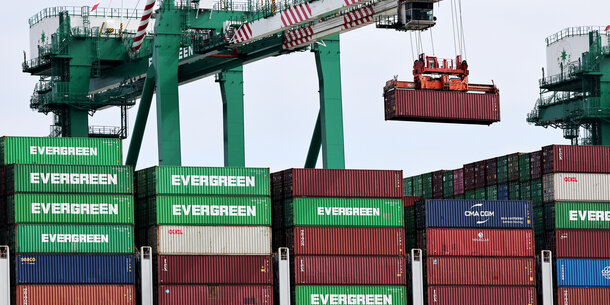Los poderes de emergencia han existido en países de todo el mundo durante siglos. Su propósito es simple: fortalecer el poder ejecutivo temporalmente durante crisis inesperadas que evolucionan demasiado rápido como para que el Congreso responda. Las investigaciones originales del Brennan Center han catalogado a 123 facultades estatutarias que están a disposición del presidente cuando declara una emergencia nacional. Muchas son mesuradas y razonables, pero otras parecen ser propias de regímenes autoritarios: otorgan al presidente el poder de tomar el control de las comunicaciones nacionales, las cuentas de banco de los estadounidenses y desplegar tropas de EE. UU. en cualquier país extranjero. Dada la amplitud de estos poderes, es fundamental establecer salvaguardas adecuadas para prevenir el abuso.
La Ley de Emergencias Nacionales, en su actual estado, carece de estas protecciones. Permite al presidente declarar una emergencia con nada más que una firma en una orden ejecutiva, y los presidentes pueden renovar estas emergencias cada año indefinidamente. El Congreso puede votar para darle fin a una emergencia, pero en la práctica necesita una mayoría a prueba del veto presidencial.
Los problemas con este sistema quedaron en evidencia cuando el presidente Trump declaró una falsa emergencia para obtener financiamiento para su muro fronterizo después de que el Congreso le negó los fondos. Aunque la mayoría en ambas cámaras del Congreso votaron para ponerle fin a esta emergencia, el presidente pudo vetar esta decisión y continuar con su flagrante abuso de los poderes de emergencia.
El Brennan Center está trabajando para reformar el marco legal de los poderes de emergencia. Hemos divulgado investigaciones originales que han ayudado a generar el debate a nivel nacional sobre la Ley de Emergencias Nacionales, y nuestro testimonio ante el Congreso sirvió de base para una propuesta de reformas que han recibido un amplio apoyo bipartidista. También estamos llamando la atención del público general sobre poderes de emergencia específicos, como la Ley de Insurrección, que otorga al presidente una peligrosa discrecionalidad.





